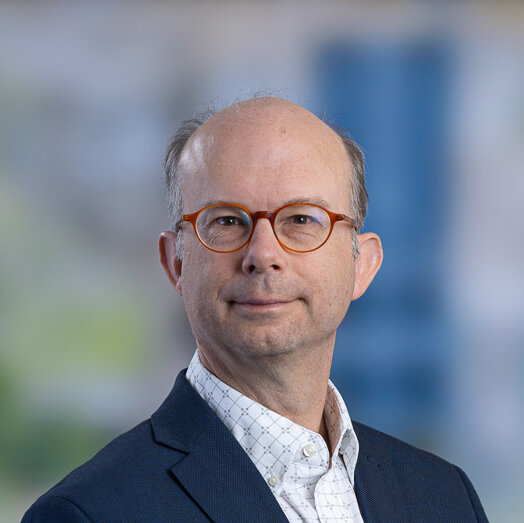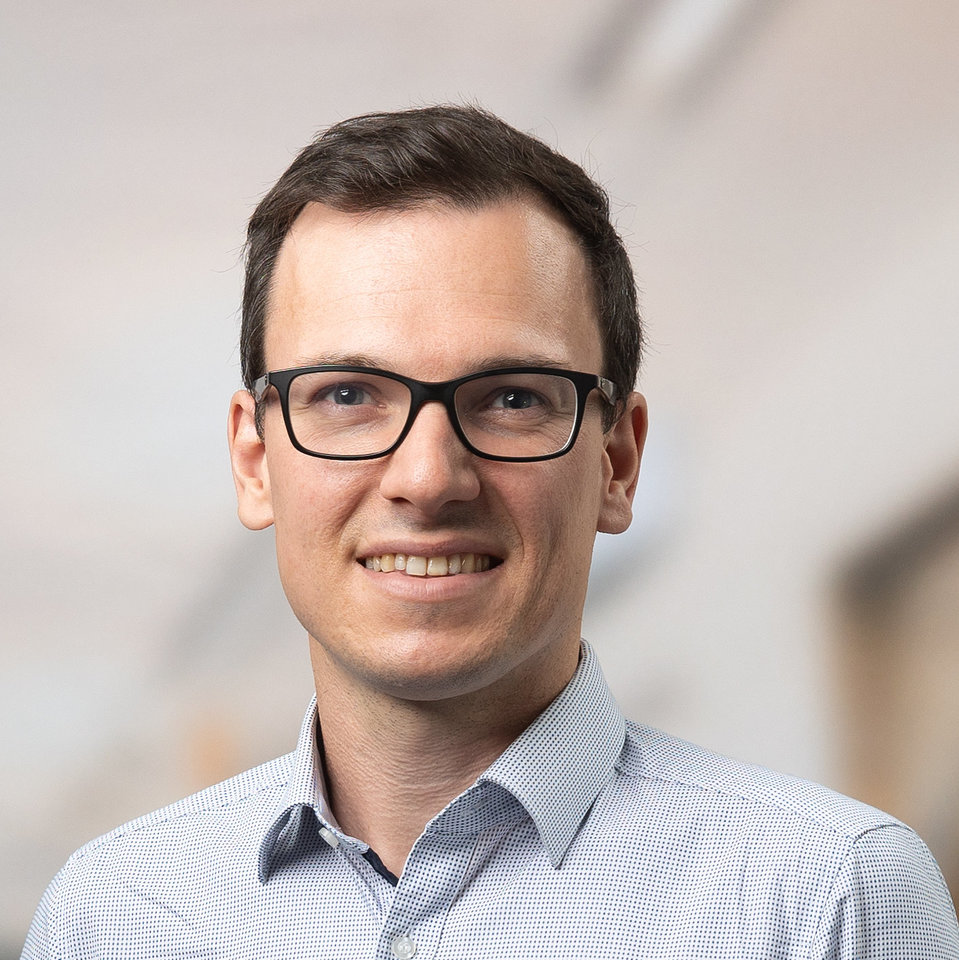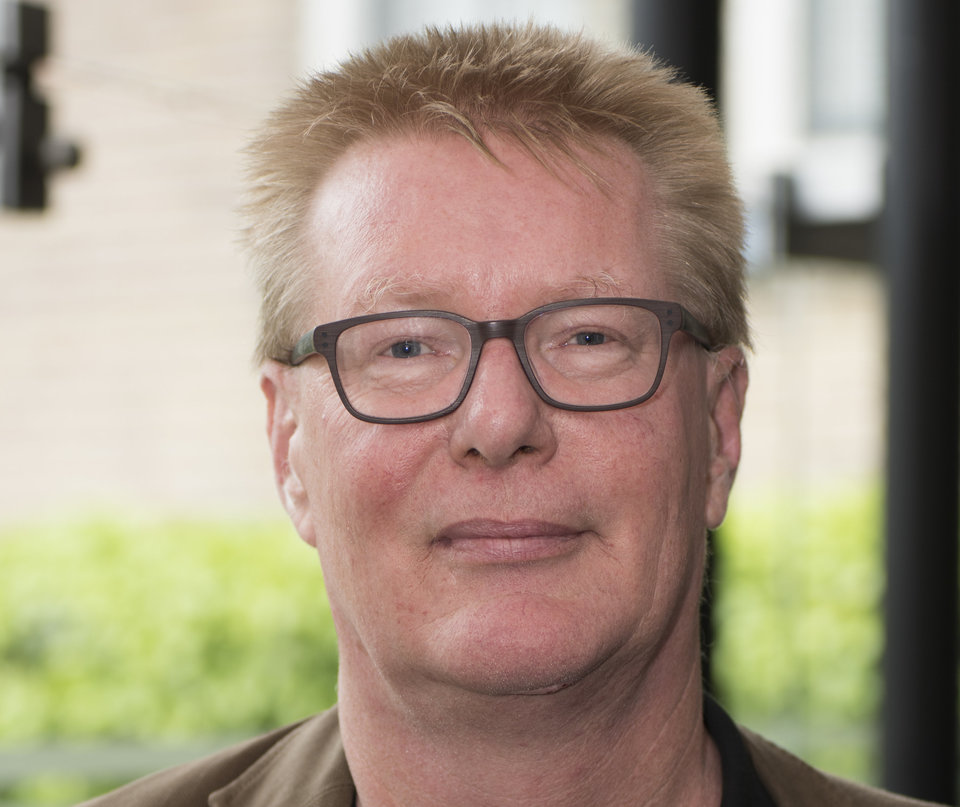NWA Grant for research into reorganization of the Dutch energy market
To ensure that the energy markets will continue to function during and after the transition to a zero-carbon system, the organization of the energy sector needs to change. TU Delft researchers Laurens de Vries, Kenneth Bruninx, Aad Correlje and Mathijs de Weerdt will be working on a project that revises the design of the Dutch markets for electricity, hydrogen and heat. The project is funded with an NWA (Dutch Research Agenda) grant of nearly €4 million.
The organization of the energy sector needs change in order to match the variable supply of solar and wind energy to the energy demand and to ensure that there is always sufficient energy. The Dutch Research Agenda has awarded the project: Market Organisation of the Dutch Energy System (MODES) with funding to research ways to reorganise the energy market for a CO2-neutral energy system in 2050.
With leading Dutch energy researchers and stakeholders from every corner of the energy system, we will work on developing a set of rules, regulations and market designs that will keep our energy system functioning well throughout and after the energy transition.
Laurens de Vries
The highly interdisciplinary research team is composed of a number of Dutch universitities, universities of applied sciences (HBOs) and TNO. A large number of stakeholders from the energy sector, government and consumer organizations will participate throughout the project, helping the researchers with the focus, the design and the interpretation of their results and contributing potential solutions.
The researchers will be tackling topics such as the operation and market design of integrated electricity and hydrogen systems; the heat transition; the development of the offshore wind energy system; the role of data and digitalization; how organization choices can affect public values (e.g. affordability, sustainability, fairness, transparency) and what the trade-offs are between these values; and the division of roles between government bodies, energy network companies, market parties and consumers.
The ultimate goal is to provide a comprehensive vision for the organization of the future Dutch energy market where government, energy companies, and market operators can participate and where energy is allocated efficiently and fairly.




